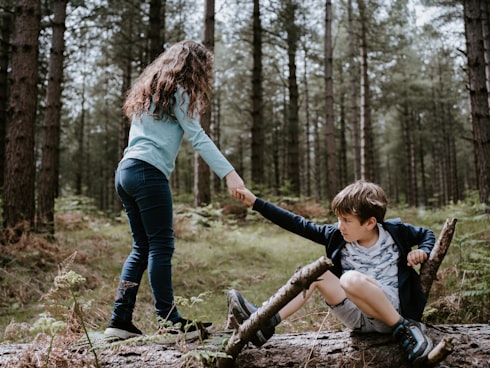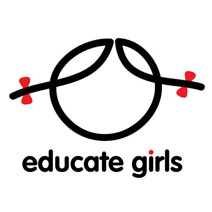
Helping Others Makes Us Stronger
A lot of science shows that we benefit substantially by helping others. Giving help, even in small acts, reduces stress and anxiety. It makes us more creative in solving our own problems. And multiple studies show that helping makes us more resilient in difficult circumstances.
Strong relationships are one of the secrets in all of this. As I noted in a previous newsletter (Giving Is Glue), the act of giving increases our sense of responsibility for others instead of relieving it. This, in turn, deepens the relationships that make us more resilient.
Why do our relationships have this effect? It appears to be thanks to a whole host of factors. One of them is changing our perspective. People who love us, for example, can reduce rumination—the way we dwell on bad experiences or outcomes.
The added perspective we get in helping and connecting with others is critical. According to Dr. Michael Ungar, professor at the Resilience Research Centre at Dalhousie University:
“Resilience is as much about what we have as what we think.”
Helping changes our thoughts—in real and measurable ways—about our own circumstances. It doesn’t make our problems go away, but it does make them seem much more manageable.
How has helping someone made you see things with a better perspective?
Seeing Good at Work
Hands down, one of the highest impact things we can do is educate girls. Not only are they better off, but heir families end up with higher incomes and improved health, while the benefits resonate throughout generations.

Educate Girls operates in India with community volunteers who rally community members to get more girls attending and staying in school. The community model has proven to be more sustainable and makes the local schools better. Since their founding, they have enrolled over 750,000 girls that weren’t attending school.
Promotional Stuff
Our ethics work with US Special Operations Forces was recently covered by KSL News. You can watch and read to learn more about the Ethics Field Guide we developed for them. If you’d like to learn about our ethics trainings and programs, visit MeritLeadership.com.




